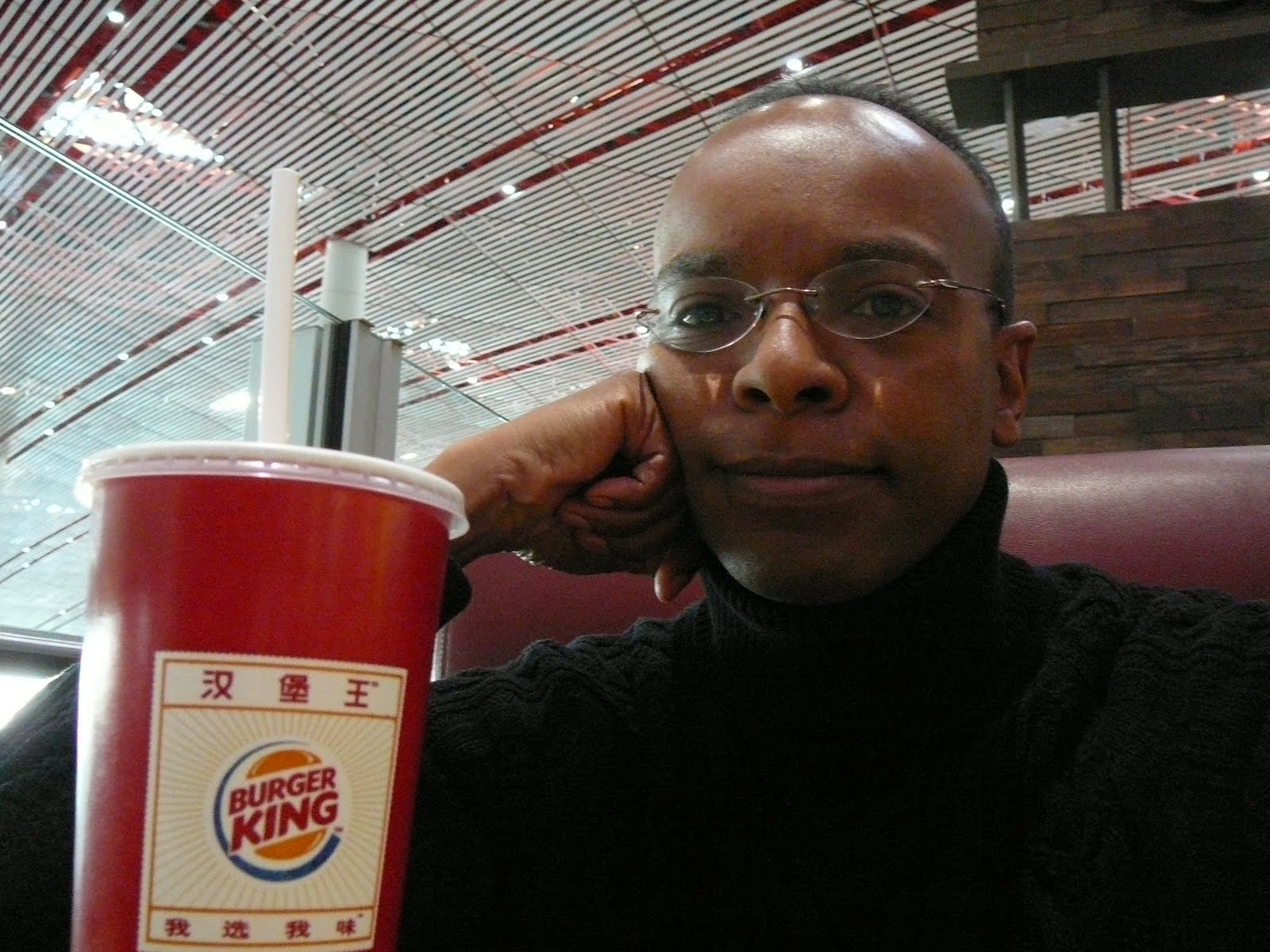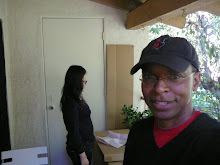
In my never-ceasing attempts to learn Mandarin in my spare time, I decided to watch and listen to sports highlights on Chinese TV stations. All of the pictures were packaged and sequenced exactly the same as in the U. S. and other countries, and the presenter enthusiastically summarized the action on the screen. Except I noticed one thing. I didn't hear the presenter say any of the names of the athletes. It was all run-together-Mandarin as-usual to my untrained ear. And these were highlights from NBA basketball, the sport that the Chinese are supposedly crazy about. At no time did I hear the names of any the players on the screen: not Carmelo Anthony, not Paul Pierce, not Kevin Garnett, not Tim Duncan, not even celebrated superstar LeBron James.
I asked one of my co-workers about what I watched. "All of the sports stars are recognized only by their Chinese names," he said. "Everyone knows this."
Now I know that this should not have surprised me at all, but I was nonetheless shocked and amazed. In South Africa, no one makes up a different name for the Yankees' Derek Jeter. There's no made-up moniker for Shaquille O'Neal in Germany. Even the French call NFL quarterback Peyton Manning, "Peyton Manning." They don't call him "Le Mannion des Peyton" or something stupid like that. But the Chinese apparently find it way too tough to say anyone's name in anything but Mandarin. Unless it's Kobe Bryant, who is known simply as "Ko-bay", likely because his first name naturally fits into 2 familiar Chinese characters.
Still, it's hard for me to understand. I mean, we Americans didn't start calling Yao Ming anything different when he joined the NBA. The worst we did to fellow Chinese hoops hero Yi Jianlian was shorten his name to two letters -"Yi" - and stuck it to the back of his jersey.
The implications for talking to someone in China about sports or popular culture are huge. If I want to talk to a Chinese person about legendary painter Picasso, it's "who?" Singer Mariah Carey: "Eh?" Even one of their own, actor Jackie Chan, is known by an entirely different name. I need to point to his picture before people get it. "See, it's Jackie Chan! Jackie CHAN! JACK-IE CHANNN!"
Forget it. And don't fall into the bad habit of thinking that raising the volume or pitch of your voice helps; it doesn't.
Movie titles? Never mind. The title of the recent Will Smith movie "Hancock" is referred-to as something like "flying black superhero man with sunglasses." Simply calling it "Hancock" would be too easy.
"Enter The Dragon"? You know, Bruce Lee? ("BRUCE LEE?") Nope. But if I spoke about the most famous movie starring Li Xiaolong, then we're going somewhere.
I can't believe it.
I finally asked someone what my Chinese name would be, if I could choose it. To my surprise, I discovered I already have one. It's even written on my Foreign Experts Certificate, in Chinese characters, "An Dong Ni." That is apparently the closest anyone could get to saying my given name in Mandarin. I still don't know how to say it myself, nor which tones you're supposed to use. With my luck in China, it can probably be misinterpreted to mean "dung of a perverted sheep-owning peasant." When I hear raucous laughter the next time I introduce myself, then I'll know.



